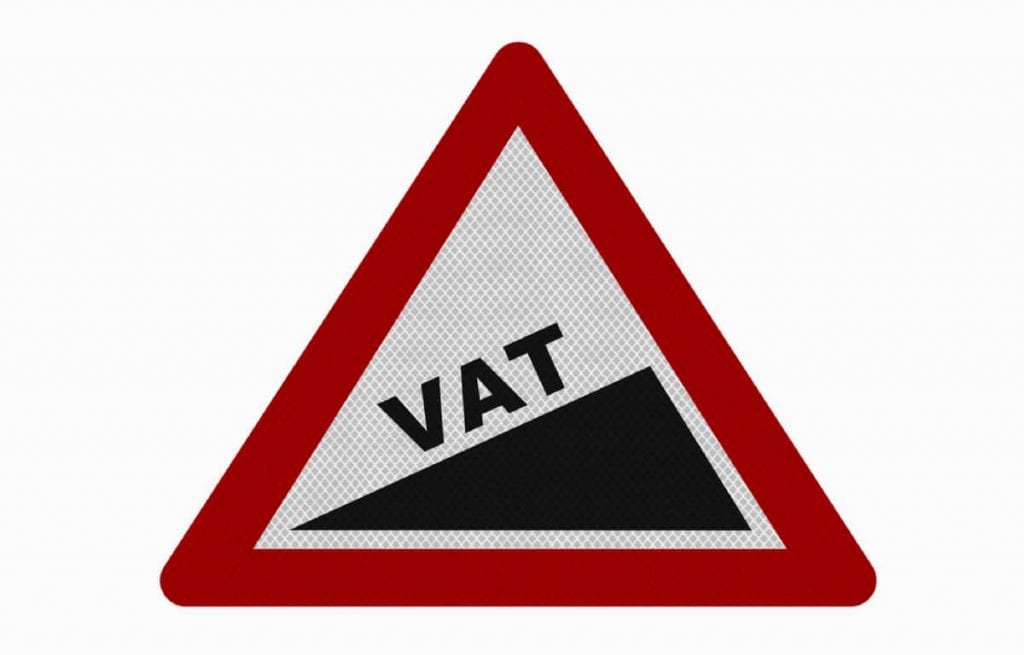In this post about the recent Budget, we take a look at how it may affect entrepreneurs and businesses when it comes to calculating VAT and late payments, as well as the ongoing saga of the Making Tax Digital (MTD) scheme.

Value Added Tax (VAT)
VAT registration and deregistration thresholds
The VAT registration and deregistration thresholds will not change for a further period of two years from 1 April 2024, staying at £85,000 and £83,000 respectively.
Changes to VAT penalties and interest
The government announced pre-pandemic that it intended to change the way interest and penalties applied for VAT purposes. After a number of delays the new rules were implemented for VAT periods starting on or after 1 January 2023. The default surcharge was replaced by new penalties if a VAT return is submitted late or VAT is paid late. There are also changes to how VAT interest is calculated. The changes are as follows:
Reintroduction of repayment interest – for VAT accounting periods starting on or after 1 January 2023, HMRC will pay repayment interest if they are late in making a refund.

Making Tax Digital (MTD) for income tax
The MTD regime is based on businesses being required to maintain their accounting records in a specified digital format and submit extracts from those records regularly to HMRC. In what appears to be a never-ending story, the government has announced a further delay in MTD for income tax Self-Assessment (ITSA).
The mandation of MTD for ITSA will now be introduced from April 2026, with businesses, self-employed individuals and landlords with income over £50,000 mandated to join first, a change from the original £10,000 limit.
Those with income over £30,000 will be mandated from April 2027.
The government will also review the needs of smaller businesses and look in detail at whether the MTD for ITSA service can be shaped to meet the needs of smaller businesses.
Following the new approach, the government will not extend MTD for ITSA to general partnerships in 2025.
HMRC has previously announced that MTD for corporation tax will not be mandated before 2026. This now looks even further away.
Basis Period Reform
As part of the MTD project, changes have been made to alter the rules under which trading profits made by self-employed individuals and partnerships are allocated to tax years.
The changes mainly affect unincorporated businesses that do not draw up annual accounts to 31 March or 5 April. The transition to the new rules will take place in the 2023/24 tax year and the new rules will come into force from 6 April 2024.
Affected self-employed individuals and partnerships may retain their existing accounting period but the trade profit or loss that they report to HMRC for a tax year will become the profit or loss arising in the tax year itself, regardless of the chosen accounting date. Broadly, this will require apportionment of accounting profits into the tax years in which they arise.
Example
A business draws up accounts to 30 June every year. Currently, income tax calculations for 2024/25 would be based on the profits in the business’ accounts for the year ended 30 June 2024. The change will mean that the income tax calculations for 2024/25 will be based on 3/12 of the profits for the year ended 30 June 2024 and 9/12 of the profits for the year ended 30 June 2025
This change will potentially accelerate when business profits are taxed but transitional adjustments in 2023/24 are designed to ease any cashflow impact of the change. An estimated 93% of sole traders and 67% of trading partnerships draw up their accounts to 31 March or 5 April and the proposed changes will not affect them. Those with a different year end might wish to consider changing their accounting year end to simplify compliance with the tax rules.
As always, the contents of this post are meant as guidance only and if you have any concerns or wish to discuss any of the issues arising, please get in touch.
